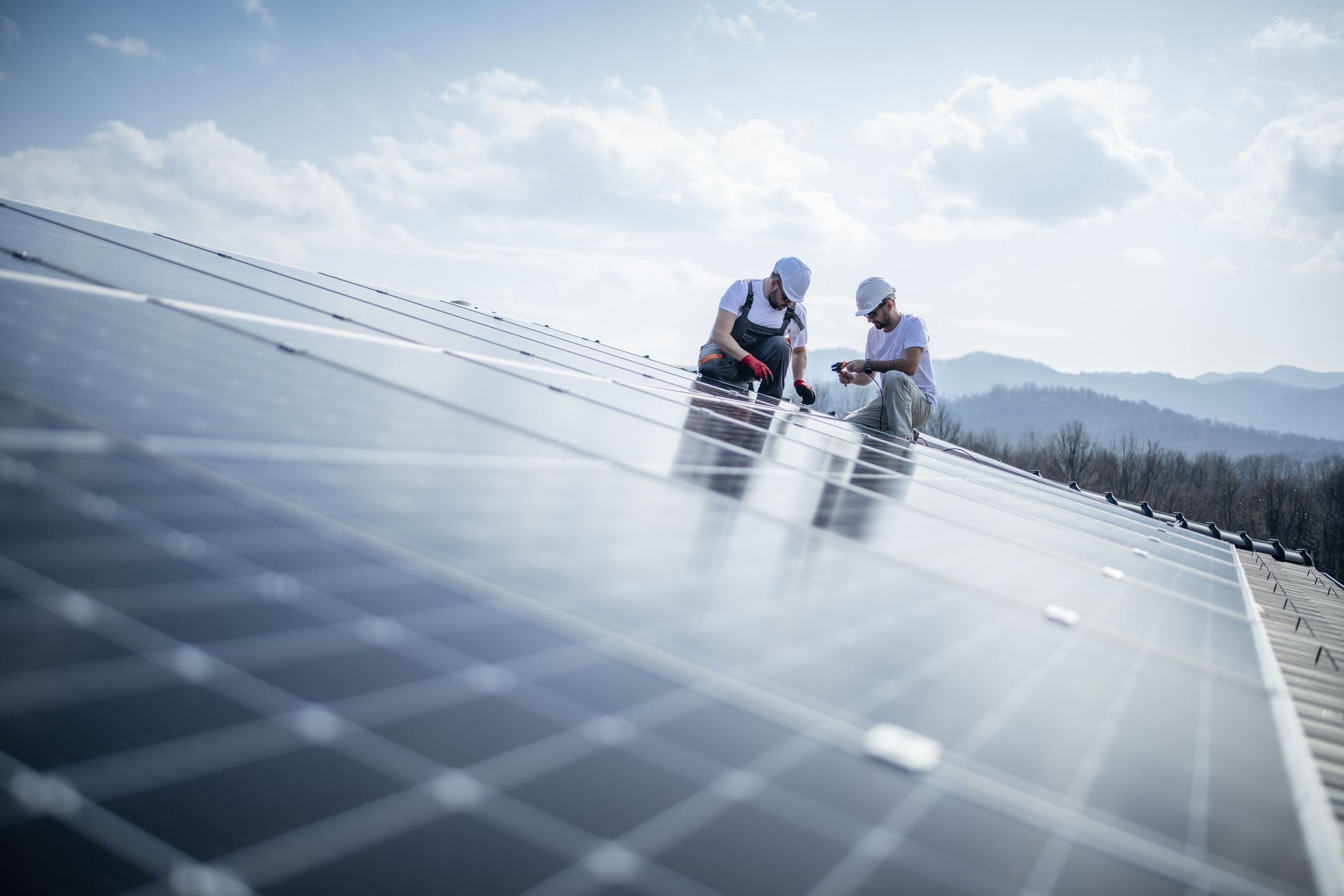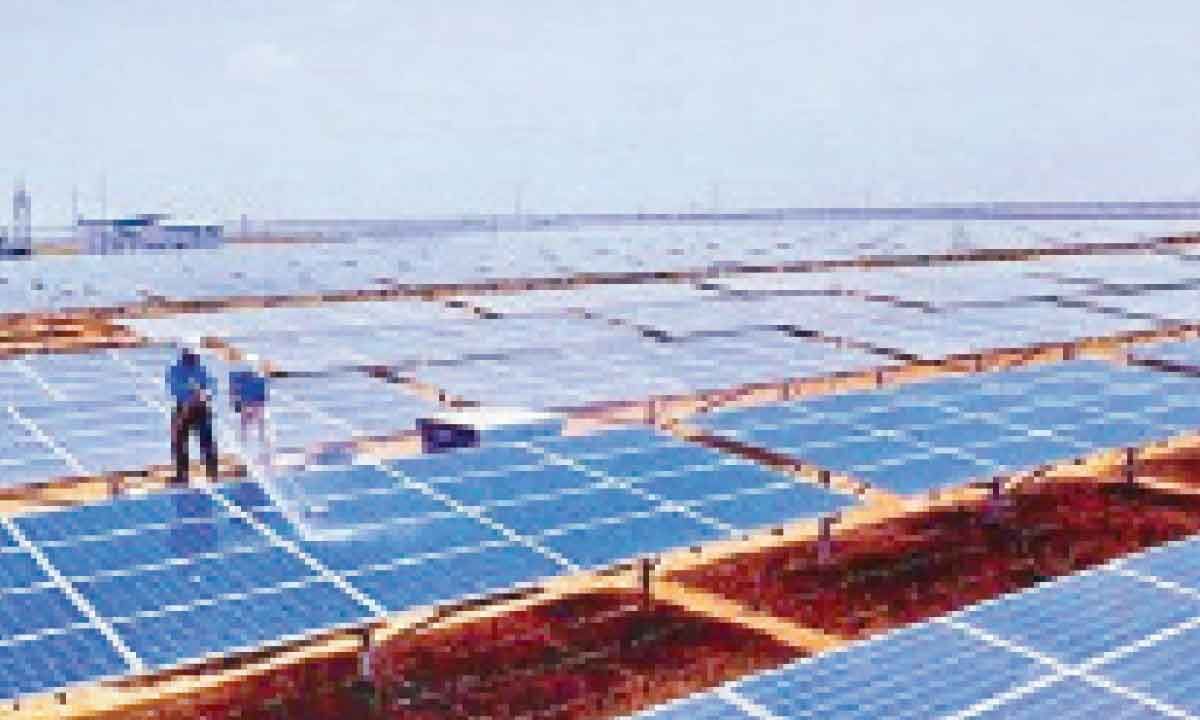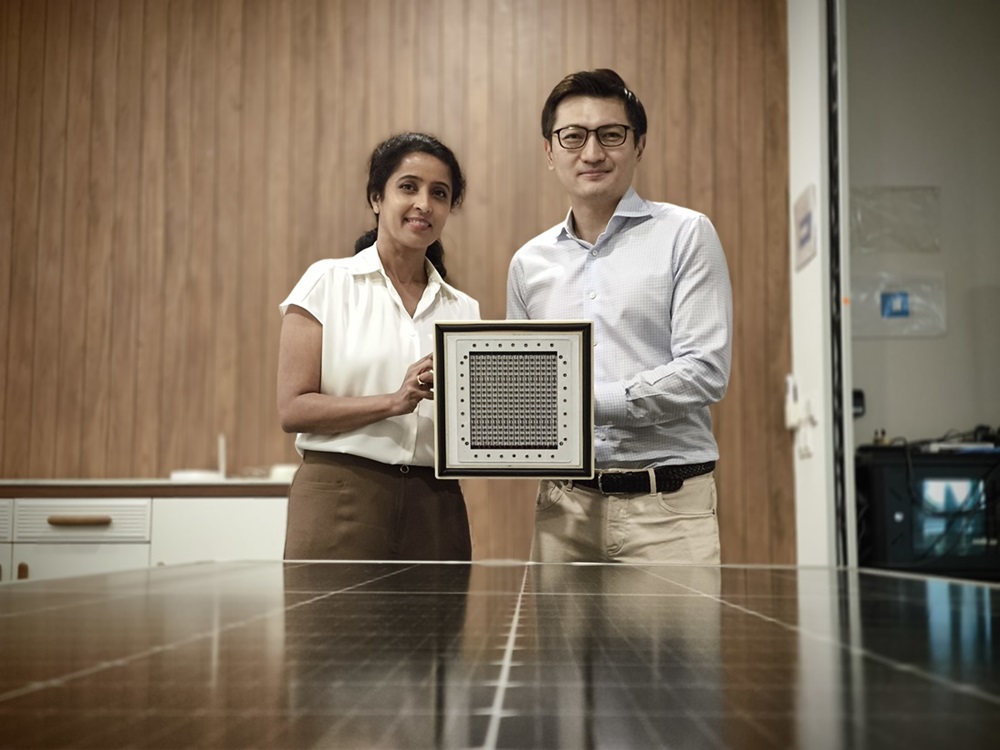Exploring Solar Energy Options Amid Rising Electricity Costs
As South Africa sees an uptick in solar energy adoption, consumers face a pivotal decision: should they buy or rent solar panels? This choice is increasingly relevant as the country experiences frequent power outages and escalating electricity tariffs.
Significant Solar Investments
Recent data from the National Energy Regulator of South Africa (NERSA) highlights a substantial R11.4 billion investment in solar PV technology, underscoring the growing reliance on renewable energy sources. Marc du Plessis, the executive head of Standard Bank’s LookSee platform, emphasized the economic advantages of solar installations, noting that many South African households are seeing considerable savings on their electricity bills, helping to offset initial costs, whether through financing or renting.
Buying vs. Renting: What’s Best for You?
The choice between buying and renting solar systems depends largely on personal circumstances and future plans. “For individuals likely to move in the next three to five years, renting offers flexibility with lower upfront costs,” explains Du Plessis. Conversely, for those planning to stay in their homes longer, buying a system can be more financially beneficial in the long run, as it eliminates ongoing payments after the initial investment is recouped.
Cost Analysis of Solar Ownership
LookSee has developed a chart that illustrates the cost dynamics of acquiring an 8-kilowatt solar system through various financing options. Du Plessis points out, “Renting initially seems more economical than financing a purchase. However, once a solar loan is paid off, the continued savings on electricity costs become a significant financial benefit.”
Pros and Cons of Financing Methods
Pros of Financed Solar Systems:
- Long-term savings from free electricity once the loan is paid.
- Immediate electricity bill reductions can help finance the system.
- Enhanced property value and potential to sell surplus power.
Cons of Financed Solar Systems:
- High upfront investment.
- Monthly payments may increase if interest rates rise.
- Responsibility for maintenance and repairs.
Pros of Rental Solar Systems:
- Minimal initial financial commitment.
- Lower monthly payments.
- Maintenance and repairs are typically covered by the provider.
Cons of Rental Solar Systems:
- Long-term costs exceed those of buying after initial years.
- Potential high fees for cancellation or system removal.
- Less beneficial for long-term property value enhancement.
Government-Backed Financial Assistance
To assist households transitioning to solar, the government has introduced the Energy Bounce Back Loan Guarantee Scheme. “This program enables banks to offer solar loans at competitive rates, starting at prime plus 1%,” says Du Plessis. This initiative provides up to R300,000 in financing with flexible repayment terms, supporting broader access to solar energy.
Source: news24.com





